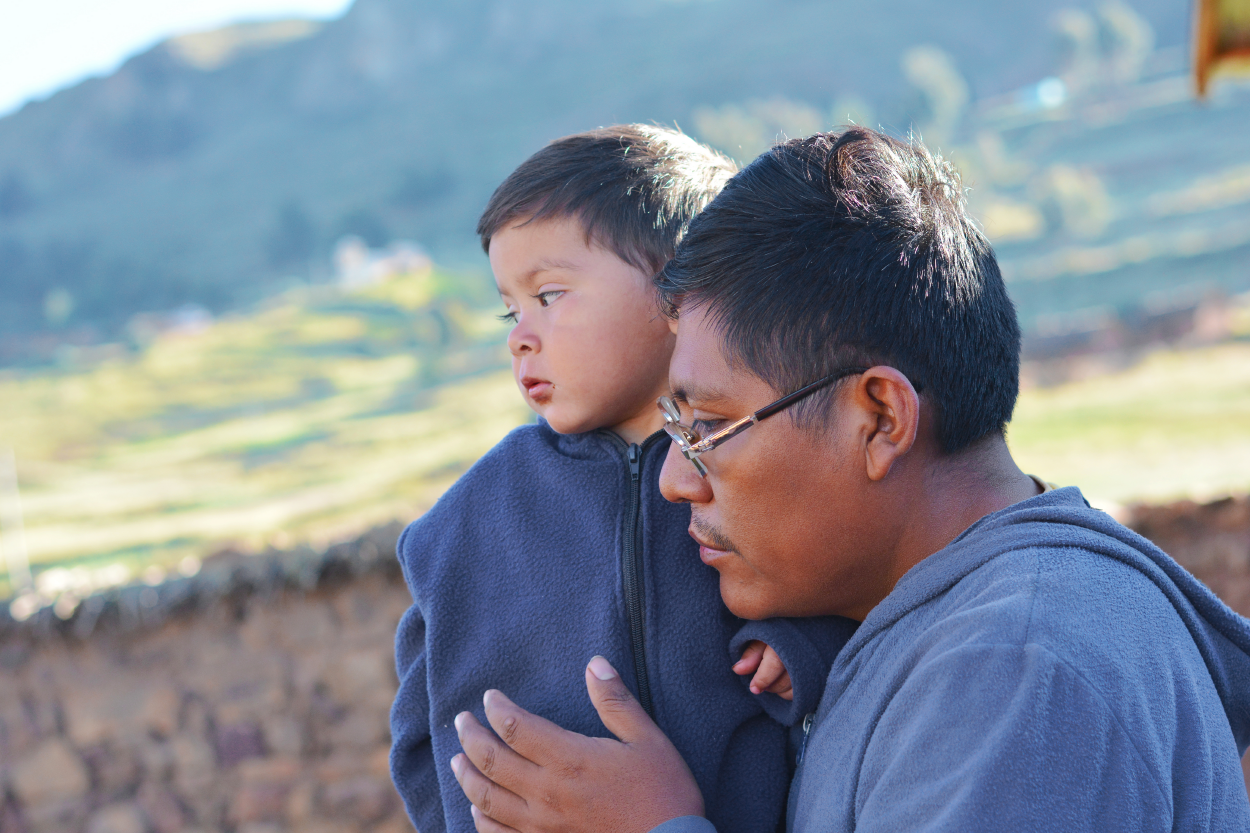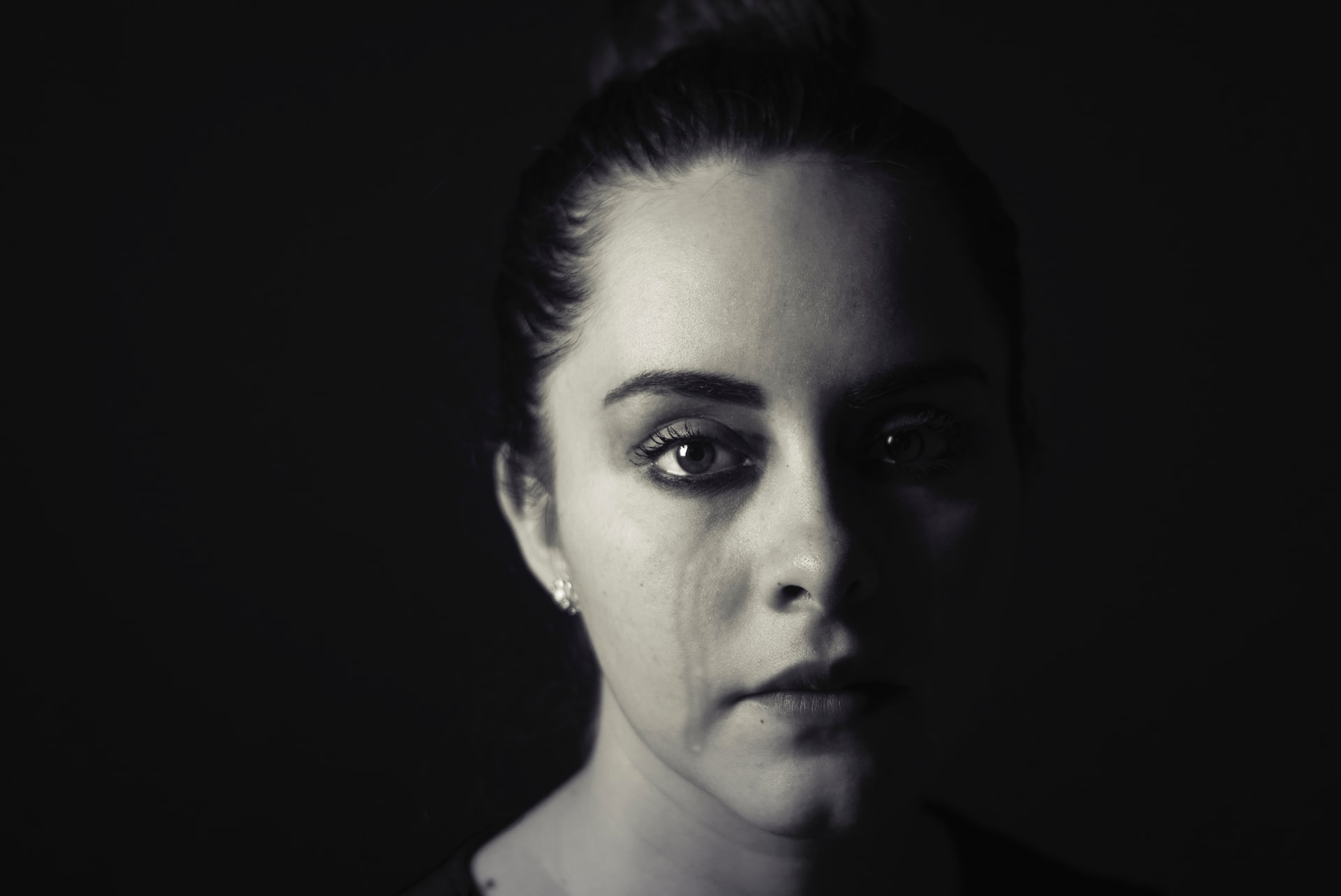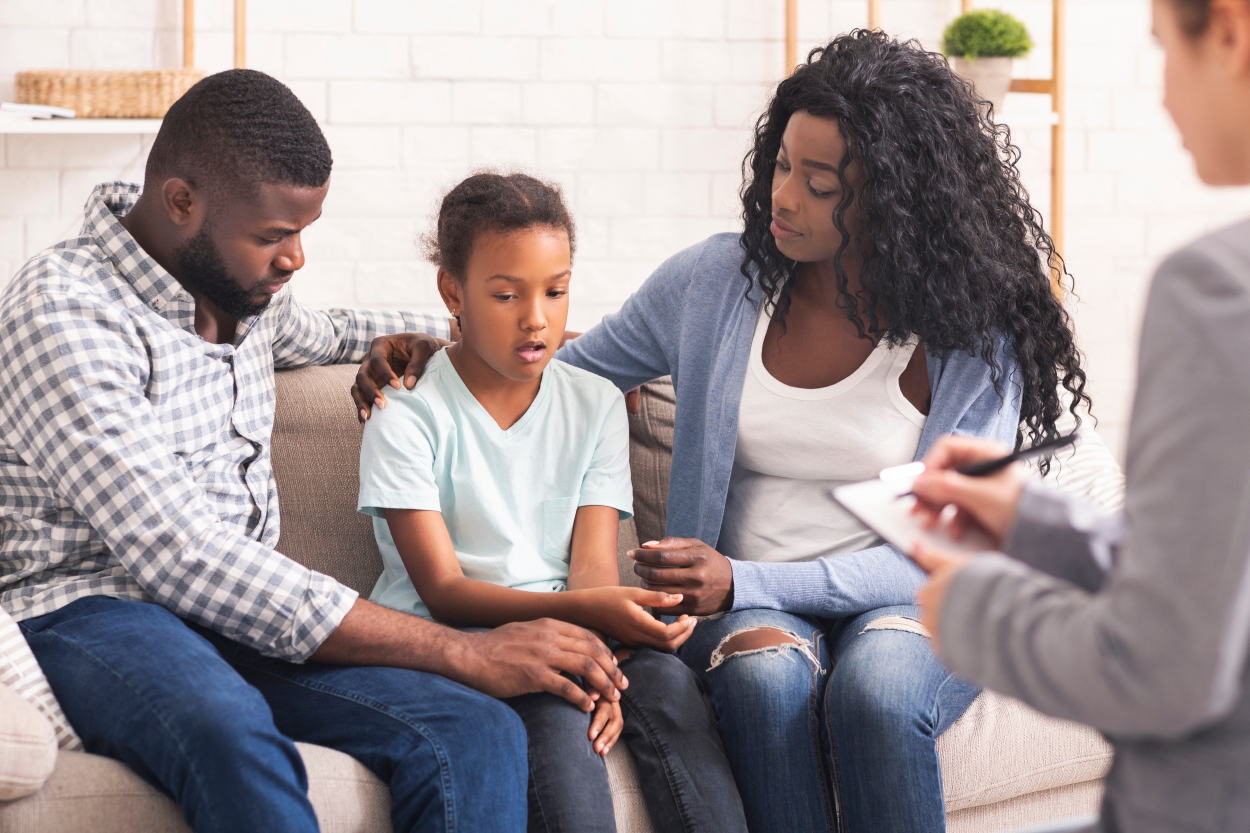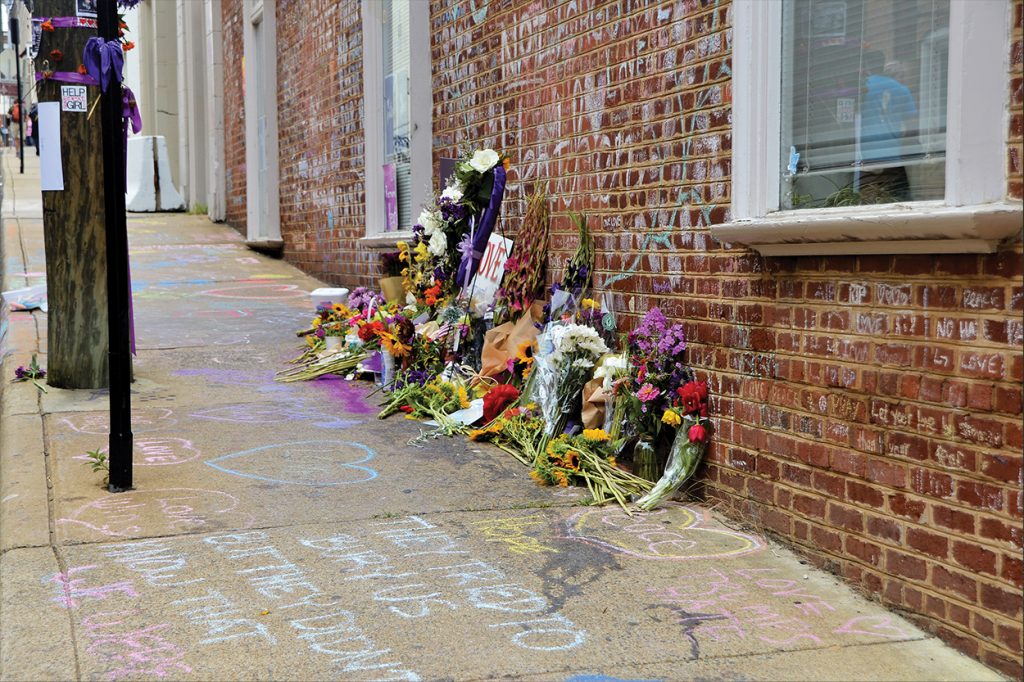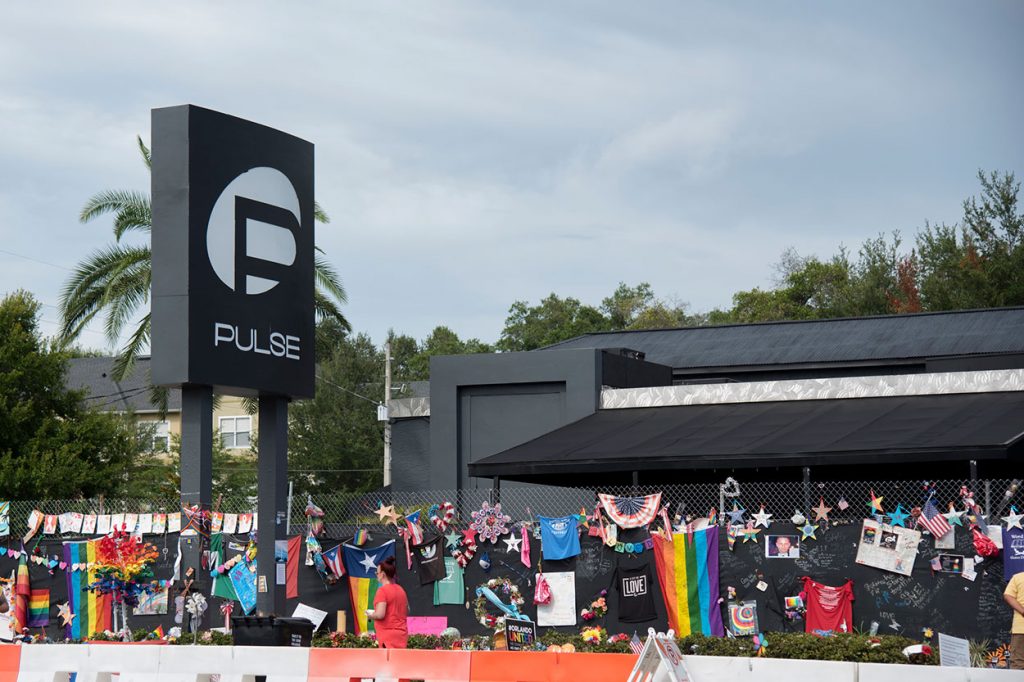Trauma & Stress-Related Disorders

The impact of trauma is not related to its size
Related Articles from Counseling Today
Prioritizing trauma-informed care
A trauma-informed approach benefits both counselors and clients, yet more work needs to be done to ensure these principles are adopted across health care systems.
Treatment strategies for race-based traumatic stress
Treating stress that stems from racial discrimination and oppression can help address the mental health inequities Black clients face.
A cultural framework for generational trauma
With the right clinical framework, counselors can help clients identify and process the complex experiences of intergenerational trauma.
Identifying psychological abuse
Psychological abuse is a complex and prevalent issue that can go unnoticed unless clinicians learn to recognize the signs and use appropriate interventions to support clients.
Does your personality make you more vulnerable to abuse?
Here are four personality characteristics that make a person more vulnerable to psychological abuse.
Generational trauma: Uncovering and interrupting the cycle
Counselors who understand the complexities of generational trauma can help clients acknowledge the role it plays in their lives, find healing and ultimately break the cycle.
Unexpected lessons and connections in sex offender counseling
In my final year of graduate school, I interned at a nonprofit agency where I was fortunate to have a great supervisor and experienced colleagues. They asked me whether I would feel comfortable working with Steve (pseudonym) ...
The impact of cultural resiliency on traumatic loss
Trauma and resiliency are not individualistic experiences, so approaching traumatic loss through a cultural resilience framework helps strengthen clients’ healing process and prevent severe mental health outcomes.
‘Not a monster’: Destigmatizing borderline personality disorder
The stigma attached to borderline personality disorder can make both clients and counselors resistant to treatment, but by working together, they can sort through these misconceptions and help clients rediscover themselves.
Breaking the silence around the childhood sexual abuse of Black men
The childhood sexual abuse of Black men remains a taboo subject, but counselors can help clients break the silence and reclaim their own power.
Counseling after brain injury: Do’s and don’ts
Counseling can make a big difference in the lives of people who have experienced a brain injury — as long as the practitioner understands the challenges they live with and nuances of their needs.
Tapping into the benefits of EMDR
EMDR can be a powerful therapy for clients, but first counselors must learn how — and when — to use it effectively.
Trauma stabilization through polyvagal theory and DBT
‘Developing balance therapy’ helps provide clients with the necessary skills to stabilize or self-regulate so that they can proceed on to deeper trauma work.
Crisis counseling: A blend of safety and compassion
Crisis counseling demands that practitioners become comfortable with the uncomfortable, ensuring safety while creating a nonjudgmental space for clients to share their most distressing thoughts and emotions.
A hero/heroine’s journey: A road map to trauma healing
Counselors can encourage clients on a journey to transform their pain and fear into a guiding wisdom that leads them toward self-awareness and emotional growth.
Healing attachment wounds by being cared for and caring for others
When working with individuals who have experienced either “small t” or “large T” trauma, it is essential to engage them in action-based responses that provide a healing alternative to the fight, flight or freeze reaction.
Lessons Learned From a Community Crisis
Counselors in the quiet university town of Charlottesville, Virginia, noticed that some of their clients were anxious about their safety. In spring 2017, demonstrations & counter protests at local Civil War monuments had become heated and confrontational.
Climate in crisis: Counselors needed
Some of the most rapid increases in temperature are being experienced in the Circumpolar North. Overall, the average global temperature has increased by 1 degree Celsius (1.8 degrees Fahrenheit) since 1880.
The counselor’s role in community outreach and resiliency building
Through education, outreach and advocacy, counselors can encourage the communities in which they live and work to develop trauma-informed programs and early intervention efforts.
Doing the Groundwork After a Large-Scale Traumatic Event
Finding and helping people suffering from survivor guilt, PTSD and complicated grief can be challenging after large-scale catastrophic events, which are becoming more common.
Continuing Education on This Topic
Related Publications
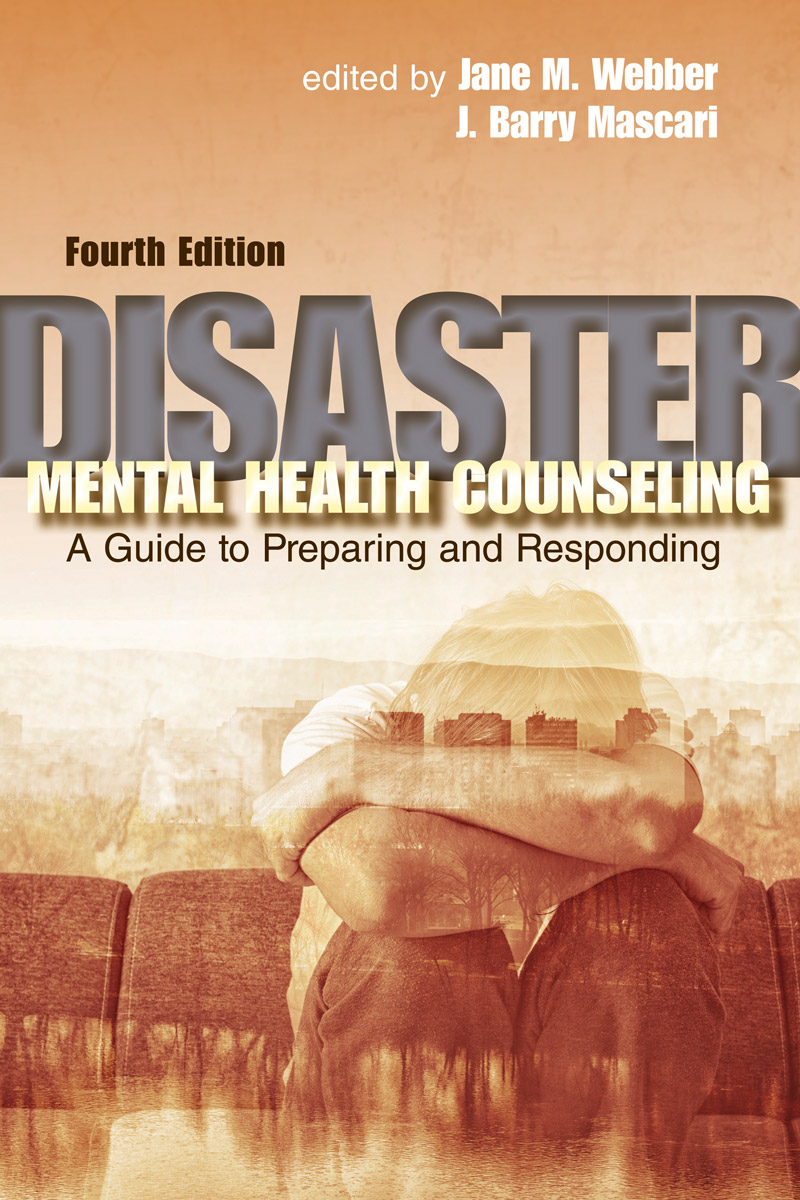
Disaster Mental Health Counseling: A Guide to Preparing
Tags: Assessment, Diagnosis & Treatment, Trauma & Stress-Related Disorders

Counseling Practice During Phases of a Pandemic Virus
Tags: Assessment, Diagnosis & Treatment, Trauma & Stress-Related Disorders

Introduction to Crisis and Trauma Counseling
Tags: Assessment, Diagnosis & Treatment, Trauma & Stress-Related Disorders
Related Practice Briefs
Post-traumatic Stress Disorder in Youth
Posttraumatic stress disorder (PTSD) is defined in the Diagnostic and Statistical Manual of Mental...
Postpartum Post Traumatic Stress Disorder
Over 40% of women report that their labor was traumatic; however, a small percentage experience...
Schizophrenia is characterized by delusions, hallucinations (most commonly auditory), disorganized...
Complex Trauma and Associated Diagnoses
“Complex Trauma” is both a description of the horrific experiences a person has survived, as well as...
Post Traumatic Stress Disorder
Post-Traumatic Stress Disorder (PTSD) is “…a delayed or protracted response to a stressful event or...
Explore Topics

2461 Eisenhower Avenue, Suite 300, Alexandria, Va. 22314 | 800-347-6647 | (fax) 800-473-2329
My ACA Join Now Contact Us Privacy Policy Terms of Use © All Rights Reserved.


